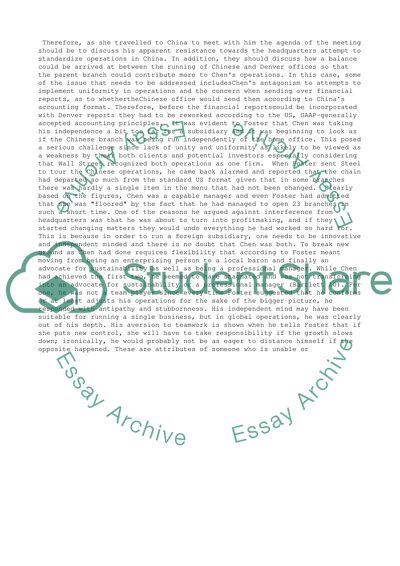Cite this document
(“Levendary Cafe: The China Challenge Case Study Example | Topics and Well Written Essays - 1250 words”, n.d.)
Levendary Cafe: The China Challenge Case Study Example | Topics and Well Written Essays - 1250 words. Retrieved from https://studentshare.org/management/1487478-levendary-cafe-the-china-challenge
Levendary Cafe: The China Challenge Case Study Example | Topics and Well Written Essays - 1250 words. Retrieved from https://studentshare.org/management/1487478-levendary-cafe-the-china-challenge
(Levendary Cafe: The China Challenge Case Study Example | Topics and Well Written Essays - 1250 Words)
Levendary Cafe: The China Challenge Case Study Example | Topics and Well Written Essays - 1250 Words. https://studentshare.org/management/1487478-levendary-cafe-the-china-challenge.
Levendary Cafe: The China Challenge Case Study Example | Topics and Well Written Essays - 1250 Words. https://studentshare.org/management/1487478-levendary-cafe-the-china-challenge.
“Levendary Cafe: The China Challenge Case Study Example | Topics and Well Written Essays - 1250 Words”, n.d. https://studentshare.org/management/1487478-levendary-cafe-the-china-challenge.


